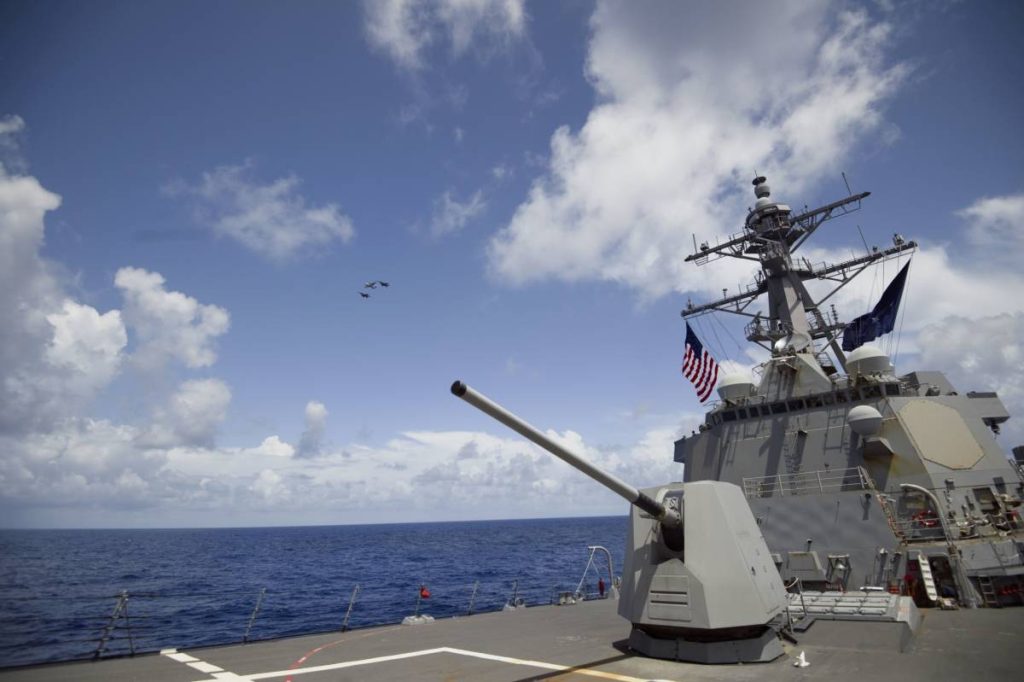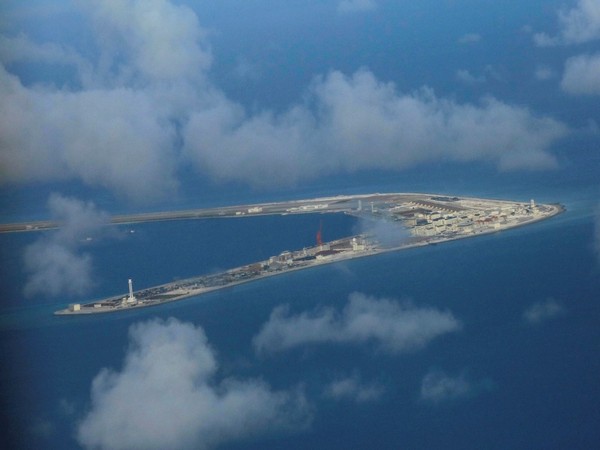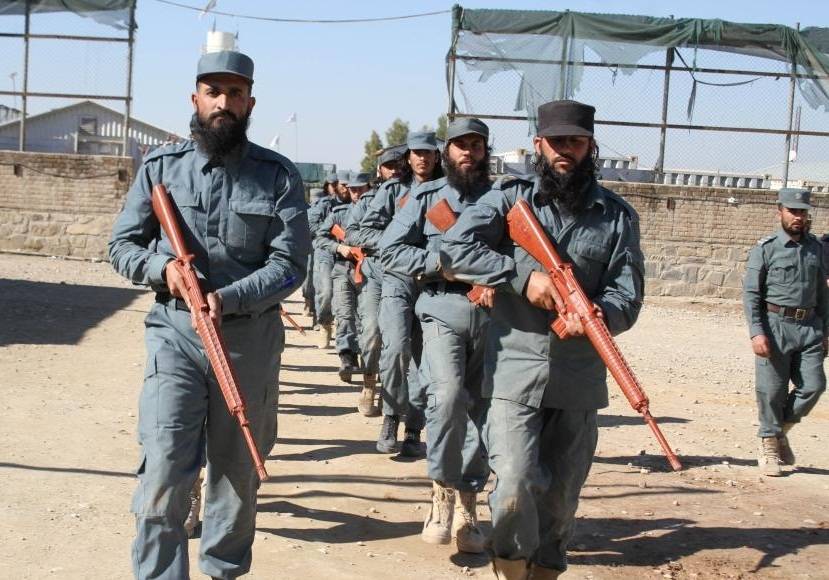China’s militarisation of 20 outposts in the Paracel Islands and seven in the Spratly Islands in the disputed SCS over the past ten years has been a source of great concern…reports Asian Lite News
The geomorphologic stability of the South China Sea is in danger due to the Chinese militarisation of man-made islands in the region, according to a media report.
According to The Geneva Daily, China’s militarisation of 20 outposts in the Paracel Islands and seven in the Spratly Islands in the disputed South China Sea (SCS) over the past ten years has been a source of great concern for both the countries in the area and for everyone who supports the value of freedom of navigation. Closer examinations show that these military outposts may not actually be as strong as they appear to be. The geomorphologic stability of these man-made islands is a significant drawback. Since they were constructed quickly, no adequate structural feasibility or environmental effect analyses were done before they were completed.
The Geneva Daily claimed that as a result of the SCS’s extremely corrosive water and weather, the service life of the concrete structures there is anticipated to be fewer than 25 years. Despite their size and amenities, the outposts are underpopulated due to the uninhabitable factor.
While the lack of freshwater resources, particularly drinkable water, is undoubtedly a hindrance, studies have also shown that the islands present a serious threat to the physical and mental health of their long-term residents.

The Spratly Islands’ military officials had a high monthly morbidity rate, or incidences of health issues, according to a 2019 report that looked into and analysed the health needs of the officers and soldiers there, according to The Geneva Daily. These issues ranged from joint pain, skin diseases, and dental diseases to respiratory infections, gastrointestinal ailments, and head and neck issues.
Additionally, psychological issues like anxiety, depression, etc. are frequent, probably as a result of the bases’ isolation. China is doing several studies on physical and mental agility in SCS, indicating that the People’s Liberation Army (PLA) is concerned about it.
In addition, the PLA is aware of additional operational vulnerabilities. These islands, which are far from the mainland, might be easily targeted by adversarial cruise missiles.
Additionally, in the event of interdiction, it might be difficult to provide resupplies by air or sea.
Therefore, in the event of a confrontation, the military value of these bases would quickly decline. Due to such circumstances, it appears that these hastily constructed military outposts in the SCS are nothing more than reported “white elephants”.
Though these military outposts in SCS are, in practice, serving the purpose of promoting Chinese hegemony in the region, can they stand the test of time and prove their operational utility, when actual conflict breaks out? Only time will tell. (ANI)














